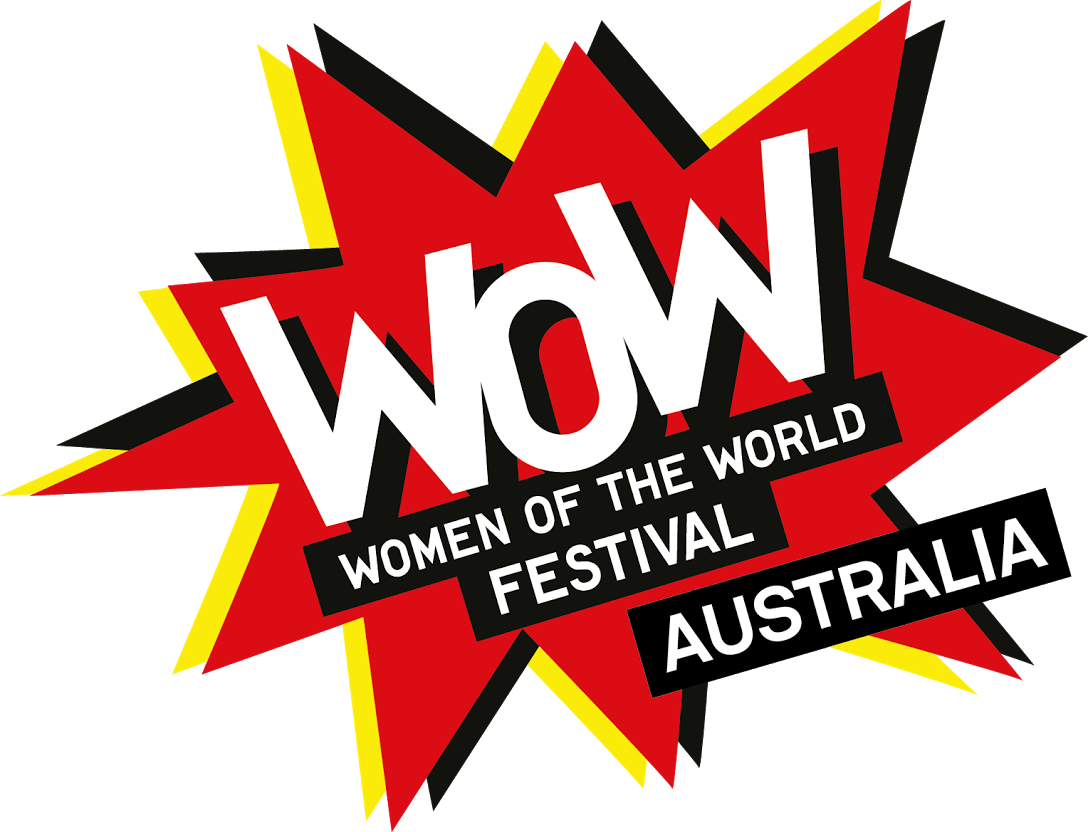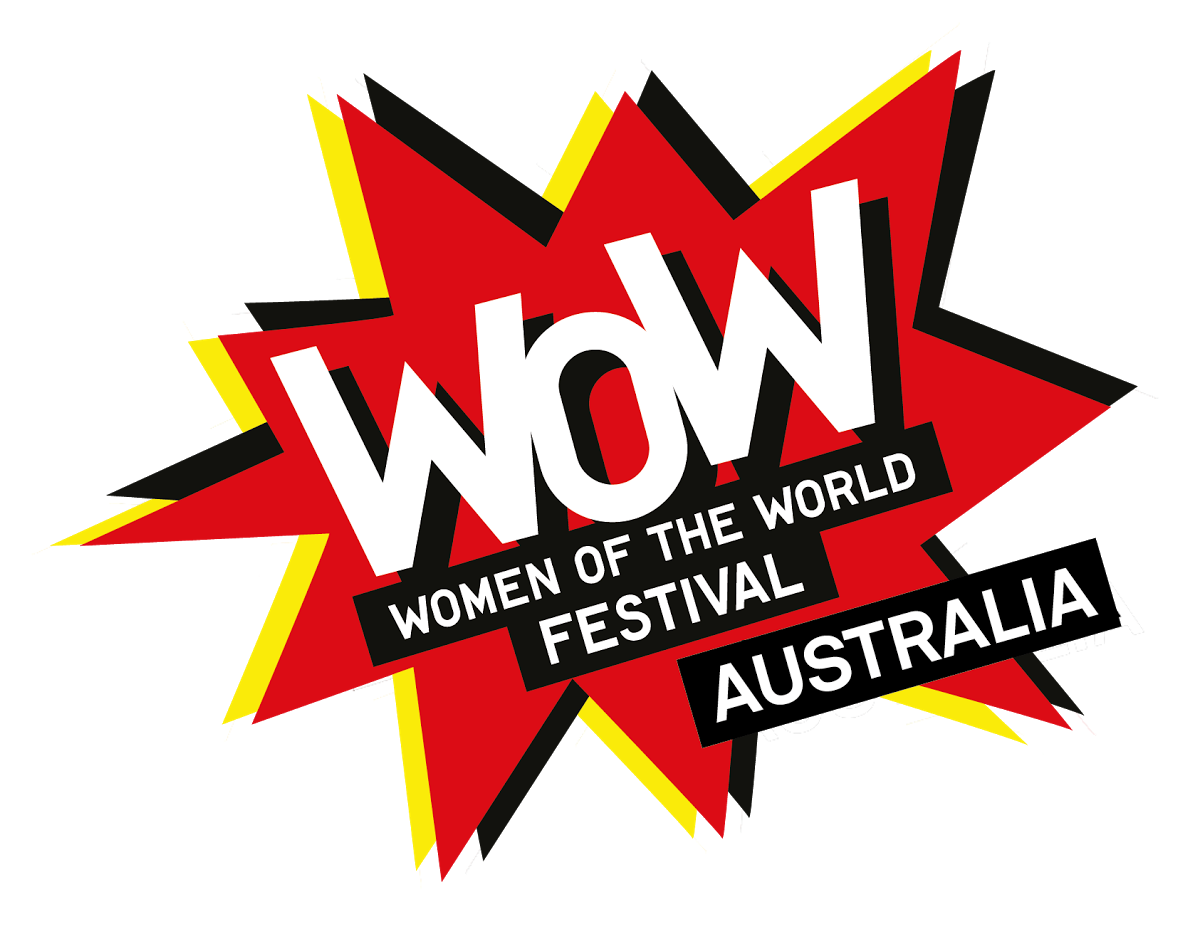“So what has and hasn’t changed since this book was written in 1998?" - An excerpt from ‘Sister Girl’ by Jackie Huggins
WOW Australia is delighted to present the forward from Jackie Huggin’s seminal work Sister Girl: Reflections on Tiddaism, Identity and Reconciliation. A reflection on many important and timely topics, including identity, activism, leadership and reconciliation. It challenges accepted notions of the appropriateness of mainstream feminism in Aboriginal society and of white historians writing Indigenous history. Jackie Huggins’ words, then and now, offer wisdom, urgency and hope.
So what has and hasn’t changed since this book was written in 1998? Some would say nothing, a little or a lot. One could be forgiven for saying nothing, but I tend to believe it’s somewhere in between. There has been some inclusion of our women in programs and policies. More collaboration with other women on a small scale rather than a wider scale. However, it is still not permeating in some areas where it should be a given. Case in point: International Women’s Day every year. I have heard many stories of Black women being excluded, ignored and uninvited to events on that day. I can hear the frustration from young Black women and think, here we go again, some forty years later.
How I remember the heady early days in the 1980s when Aboriginal women were debating and taking on white women in their privileged speaking positions, and their exclusion of us. Who had the right to speak for who – ‘we are women too, listen to us’ were the oft-heard cries. Usually as the only Indigenous woman at their conferences, I would get howled down when I dared to challenge or express a different point of view.
The gulf and vacuum created was enormous. There were a handful of decent white women who heard, but overall it was polarising for most of them. They began arguing with each other in attack and defence of us. Of course theirs was classed as intellectual
stimulation and ours as bickering and fighting among our own when we had disagreements.
Migrant women felt it too, empathised with us and seemed happy when we spoke out. During this time and to the present I have met some remarkable ethnic women who I have formed close and collaborative relationships with. Their issues were similar to ours and we spoke the same language. Here I have to mention Maria Dimopoulos, who taught me so much about diversity and migrant women. We both have been working for decades together, with varying degrees of success, to bring about a better understanding and to bring our communities closer.
Prior to this, Aboriginal women in the 1960s and 1970s were also rallying around the invisibility of our women and how the then white women’s liberation movement did not take account of our racial and social issues. It seemed all too hard for them. When
challenged they huffed and puffed at us and threw their arms up but provided no solutions. I still see that today when our issues are raised. Their faces get contorted and they say, ‘here she goes again’. Too damn hard.
There is now a wonderful proliferation of what I have termed the ‘feminisation of Aboriginal leadership’ in our country. Our women are visible and leading in positions of power. The transition has proven effortless in my view and there is a greater appreciation of our men and women working together. But the expectation is that there is always gender balance in leading their community organisations.
In 2002 I was part of a three-member team to review the Aboriginal and Torres Strait Islander Commission (ATSIC). It was one of the hardest jobs I have ever done and I was furious when our report did not even get to Parliament before ATSIC was dismantled
by the federal government. I had proposed equal representation for men and women in all tiers of the organisation. I was told in no uncertain terms that this would never get through and that appointments should be based on merit – even by some of the ATSIC women – but nevertheless the review committee allowed me to put in a minority report that would mandate and equalise all positions. I remember saying to my two white male colleagues, ‘Well Black women will love me, not sure about the blokes.’ So structurally it was a good beginning. I count this as one of my enduring legacies.
It’s been a natural progression since the establishment of the National Congress of Australia’s First Peoples in 2009. The Congress was set up by Indigenous Australians, had an Ethics Council and mandated equal gender representation of men and women in the organisation. It was a cultural imperative so that women’s and men’s business could prosper and be respected as it once was. The then Sex Discrimination Commissioner, Liz Broderick, praised this ruling and suggested that the 100 ASX bodies should implement these egalitarian measures also. Good luck, women.
Prior to this the voices of Indigenous women were denied and usually dismissed in other representative bodies that were largely masculine and misogynistic. Across the country, where leadership has been male dominated, the structures are slowly changing with our women being represented as mayors, CEOs, chairs and on boards.
In fact, recently there has been a national debate raging about the respect for women and quotas for political parties. I believe this is the only way to correct an incorrect system. When the system is broken it must be fixed.
Globally, women’s voices are being raised through movements such as Me Too and Let Her Speak. Despite the COVID-19 pandemic millions of protestors around the world gathered to demand Black justice through Black Lives Matter. Most unfortunately, 2021 was the 30th anniversary of the findings of the Royal Commission into Aboriginal Deaths in Custody in Australia being handed down and the majority of its recommendations have still not been addressed.
Deaths in custody continue to haunt us, sometimes at one per week. This is about the rate of domestic violence murders, if not slightly more – a worrying statistic that goes unnoticed by politicians, government and decision-makers. What does it take to get action?
How can Australians empathise with what is occurring overseas with Black Lives Matter when it is happening in our own backyards? Aboriginal women suffer the worst because of this hideous inaction. They are the fastest growing prison population in Australia,
usually imprisoned over menial offences, like the non-payment of parking tickets and other fines. Most of these women are also Mothers and Grandmothers. Mothers still cry and ache for the loss of their beloved sons and daughters.
A national women’s summit is being called for around domestic and family violence and other long-neglected issues. Hopefully this will include the participation of a number of Aboriginal and Torres Strait Islander women. It has taken so long and it is no wonder we are angry and frustrated. Will they be brave enough to compare the incarceration and deaths in custody statistics of our women with the domestic and family violence statistics? Even braver, will they do something about it?
And will the government be brave enough to action June Oscar’s groundbreaking Wiyi Yani U Thangani, Women’s Voices Report, tabled in the Federal Parliament in December 2020? The report, published by the Australian Human Rights Commission, is the first time since 1986 that Aboriginal and Torres Strait Islander women and girls have been heard as a collective about our rights, strengths, challenges, and aspirations. It paints a whole-of-life picture, giving a well-overdue First Nations gender-lens on everything from housing and carework to education, governance and economic empowerment. It puts forward an ambitious plan for structural change to ensure our women are at the decision-making table when it comes to determining all aspects of our lives. We need to action this report – it is well and truly time that our voices are responded to by all Australian governments.
There are many essays in this book that were written some decades ago, and many things have changed not one iota since. There is still so much to be written about Sister Girl issues and I now hand the pen over to others, especially younger women, who face
injustice on a daily basis. And there is much evidence that young women are taking up the baton. A generational shift is swamping our nation with articulate, educated and well thought-out arguments from strong young Black women. It is happening, folks.
Sister Girl: Reflections on Tiddaism, Identity and Reconciliation is available from University of Queensland Press and all good booksellers. Do not miss the chance to return to, or read for the first time, this ground breaking series of essays.
Forward republished with permission from University of Queensland Press. Images supplied with permission from Jackie Huggins.




